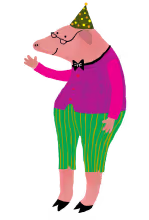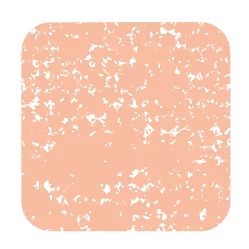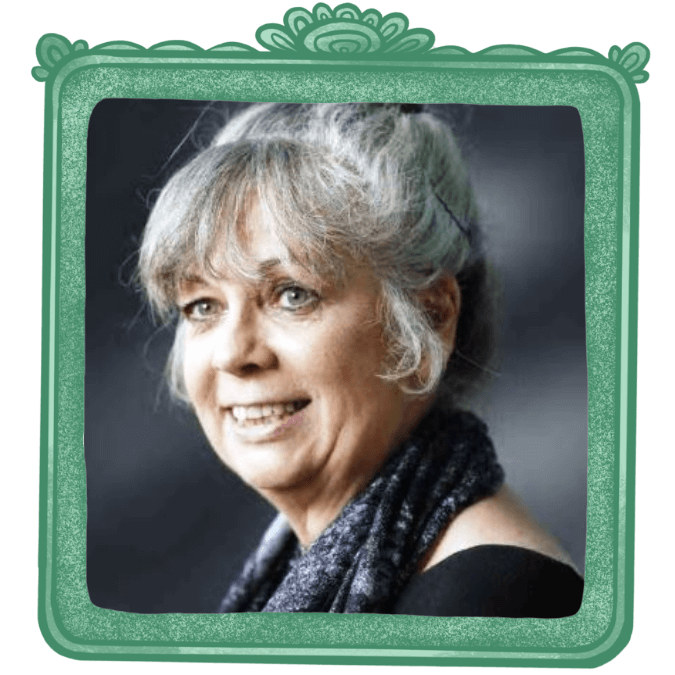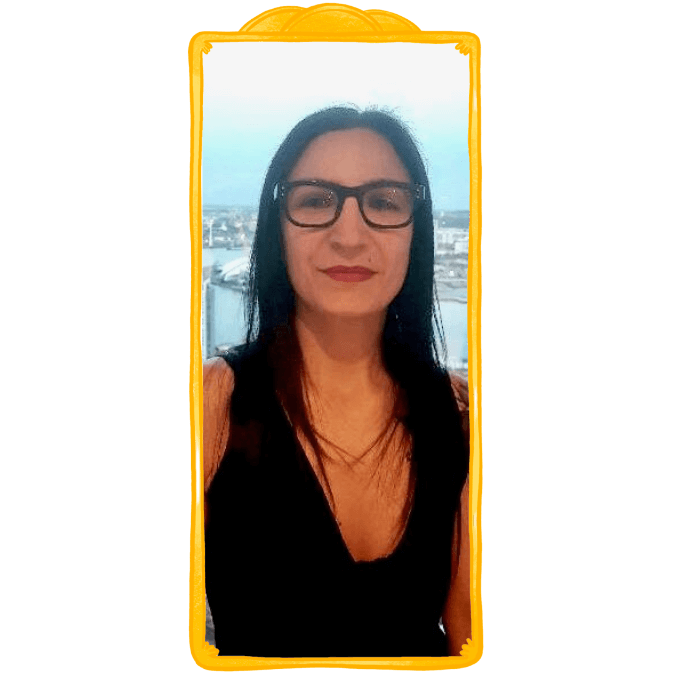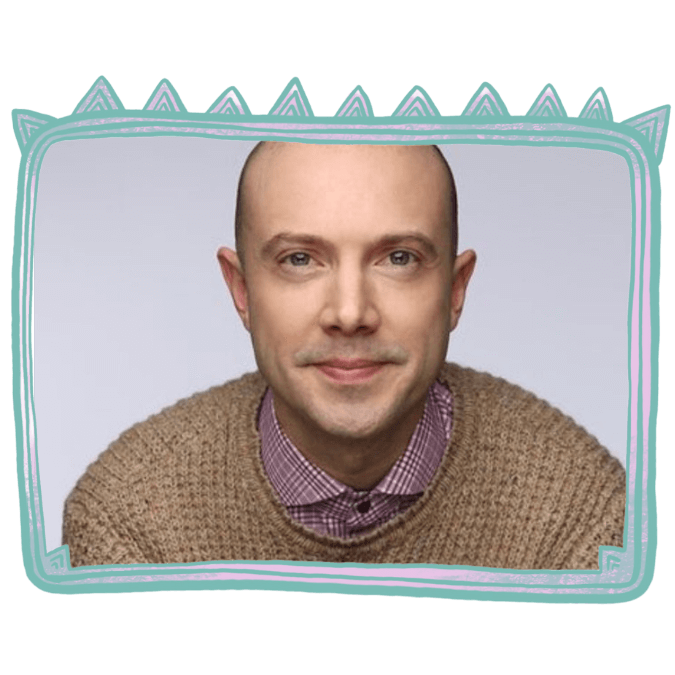
Graham Allcott
Entrepreneur, Author, Speaker And Podcaster
Graham is the author of three books, including the global best-seller “How to be a Productivity Ninja”, and “How to be a Study Ninja”.
Graham is the founder of Think Productive, one of the world’s leading providers of personal productivity training and consultancy, with offices in the UK, USA, Canada, Australia and the Netherlands.
With a mission to revolutionise stuffy time management courses, Think Productive launched in April 2009 and has earned rave reviews from the likes of British Airways, The Cabinet Office, eBay, The Bill and Melinda Gates Foundation and Barclays Commercial Bank for its practical approach.
Graham also hosts the popular business podcast, “Beyond Busy”, which explores the issues of productivity, work/life balance and how people define happiness in their lives, profiling interesting people from Olympic gold medallists to tech entrepreneurs to clowns.
Check out Graham’s links to find out more.
Key takeaways:
- Zen-Like Calm: Achieving productivity through a focused, present state of mind ("flow"), not driven by deadlines but by clearing mental clutter. Writing tasks down reduces overwhelm, unlike industrial jobs where tasks are clear-cut (e.g., placing cherries on cakes).
- Ruthlessness: Be strict with priorities, saying no to non-essential tasks, and protecting attention. Creative people often procrastinate, so guard high-energy periods (e.g., mornings) by avoiding distractions like social media or unnecessary meetings.
- Weapon Savvy: Use tools efficiently to act as a "second brain" (e.g., Trello, LastPass, Outlook). Organize tasks digitally or on paper to free mental space for strategic thinking, and manage email by archiving old messages to focus on current priorities.
- Stealth and Camouflage: Find physical and digital spaces for uninterrupted thinking. Use apps like Forest to avoid phone distractions or Outlook’s “Work Offline” mode to block new emails, minimizing interruptions in busy environments like classrooms.
- Unorthodoxy**: Challenge routine habits to spark creativity. Try new approaches (e.g., flipping work hours, using dice for decisions) to break from conventional thinking and explore diverse problem-solving methods, like explaining ideas to a child or framing them as a story.
- Agility: Maintain a clear “second brain” to track tasks, enabling quick recovery from disruptions. Avoid multitasking, which is inefficient due to mental setup time; focus on monotasking to complete tasks effectively, especially in high-pressure settings.
- Mindfulness: Use activities like cooking, walking, or meditation (e.g., via Headspace) to refresh the mind. Recognize the “lizard brain” (amygdala) driving procrastination and fear of judgment, and counter it by rationalizing or writing out worries to reduce their power.
- Preparedness: Plan ahead with a weekly checklist to review projects and actions, acting as a “gift” to your future self. Manage both professional and personal tasks to stay organized, and prioritize sleep to maintain peak performance, like a lion resting 20 hours for efficiency.
- Human, Not Superhero: Embrace mistakes and human limitations, avoiding the pressure to be perfect. Nourish personal wellbeing (e.g., socializing, taking lunch breaks) to sustain energy, and celebrate achievements with a “tadda list” to counter guilt and burnout.
- Practical Tips for Teachers: Combat overwhelm by regularly updating a second brain (e.g., Trello) and using tools like the CORD Productivity Model to organize thoughts. Manage top-down pressure by objectively discussing priorities with managers, and reframe downtime as an investment to reduce guilt.
Related Webinars

We'd love your feedback!
Did you love it or hate it? And what ideas have you got for upcoming webinars - big names you'd love to see or topics you'd like covered?

.avif)

